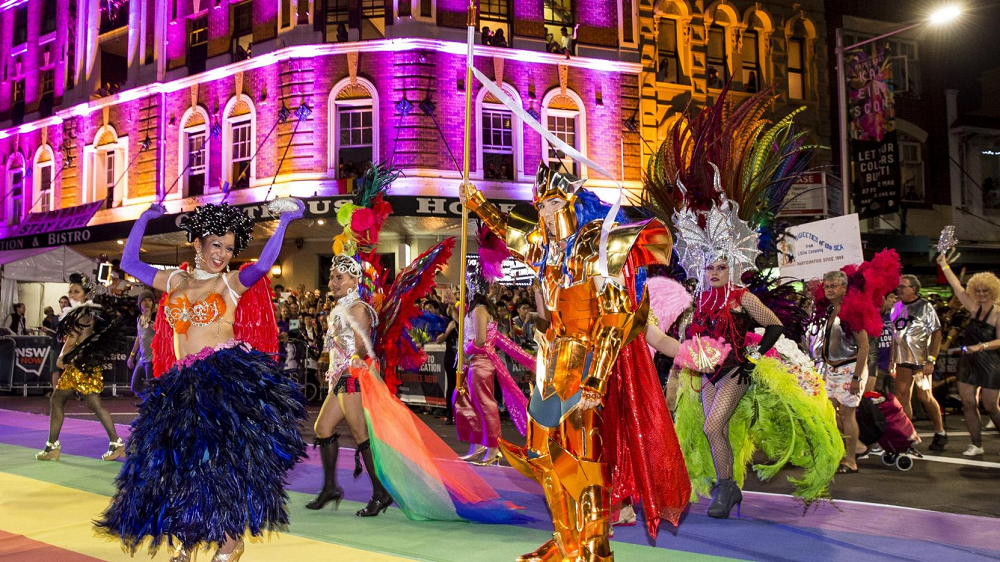Your Event Planning Checklist
- Written by Hashtag.net.au

Whatever kind of event you’re planning, it takes a lot of work and organisation to make sure everything goes smoothly. Getting the planning stage right will help make sure everyone has a good time, and that the purpose of the event is fulfilled. Whether it’s for work, family or friends, it can be stressful to get everything sorted. However, it doesn’t have to be. With this checklist, you can plan your next event with the confidence that everything is covered.
Setting Out Your Objectives
Every event should have an objective in mind which will help you in the planning phase. What do you want your event to achieve, and how do you want it to make people feel? Before you start doing any planning, it’s important to be clear on these objectives. Throughout the planning process, you should also be referring back to these so that you can ensure it stays on track.
Establish a Budget
After you’ve set out your objectives, you can establish a budget that will help you create the perfect event and achieve your goals. The budget you choose will have a major impact on your event, as a larger budget will obviously give you more freedom when making decisions. The size of your budget should be based on the available funds and the importance of the event. Consider whether or not your event is planning to make money, and adjust your budget accordingly.
Choosing the Venue
Your choice of venue will depend on a number of different factors. What kind of event it is, how many people are attending, the location of the event and your budget to name a few. You can find lots of different venues for any occasion, including event spaces Melbourne, each offering its own unique features and benefits. Be sure to visit venues in person and weigh up the costs and benefits of each before making a decision.
Selecting a Date
Your event needs a date, and it should be advertised well ahead of time to ensure that everyone you want to attend has plenty of time to book it. In addition, you need to make sure you have enough time to plan and set everything up. Consider the type of event it is and the type of venue you aim to use when choosing the date. If you want an outdoor event, the date you choose will be even more important, as the weather could affect things.
Legal Details
Whenever you’re planning an event, it’s important to make sure you have the right licences and permits if required. Depending on the type of event, several licenses may be required, and without them, your event could be shut down. In addition, you should think about insurance and health and safety risk assessment.
Delegating Work
The bigger the event, the more hands you’ll need to help you. If you’re planning a large event with lots of people it makes sense to have a team to help you. Find the right people who can help you, delegating tasks based on expertise. No matter how good of a planner you are, it’s always much easier to plan a big event when you have people helping you.
Invitations and Advertising
How people find out about your event will depend on the type of event and your objectives. If it’s a work event for colleagues, you’ll be able to invite guests by email. In a similar way, holding an event for friends and family is done by creating a guest list and sending out invitations. However, for a public event, you’ll need to advertise. While you might still invite some special guests, you’ll want to advertise through the right channels to reach your target audience. Small events can be advertised through local media, whereas you can use online marketing for larger events.








